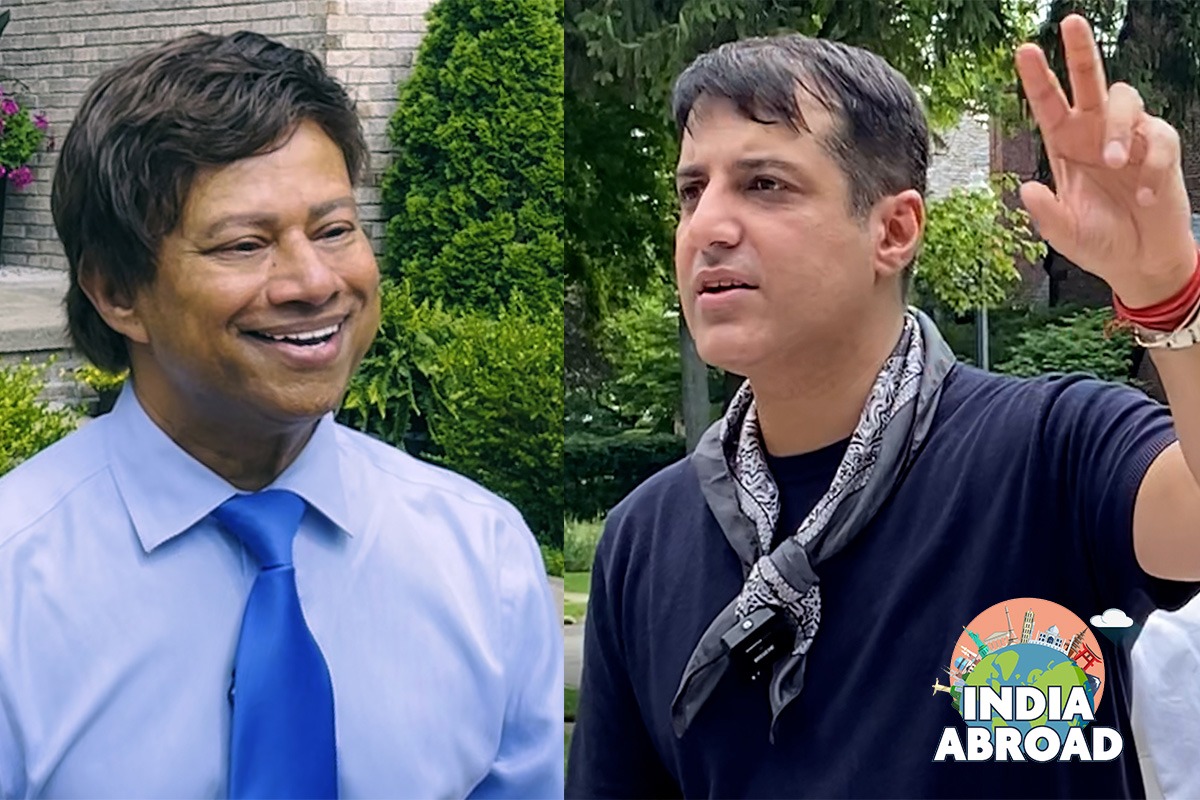In this captivating interview with The New Indian Executive Editor Rohan Dua, Indian-American US Congressman Shri Thanedar shares his heartwarming journey from a humble beginning in Maharashtra’s Belgaum to raising million dollar companies in the US, going bankrupt only to rise again with another company, to selling his Rolls Royce and Ferrari cars and his election to the US Congress. Thanedar’s story is one of resilience and determination.
He also addresses important issues such as more H1B visas for Indians and the need for equal opportunities in education.
Question: What inspired you to enter politics?
Answer: Having arrived in America with only $20 in my pocket, I was fortunate to realize my own American dream. However, as I traveled across the country, I noticed that many Americans were unable to access their dreams. Selling my business and sharing the proceeds with my employees, I entered politics with the primary goal of helping people realize their aspirations. I believe my employees are my partners, which is why I provided financial support to them.
Q: What motivated you to co-sponsor the bill for scrapping country-based quotas for H1B visas?
A: In 1979, after completing my BSc in Karnataka, I faced several visa rejections due to my English proficiency. This personal experience made me aware of the difficulties faced by researchers and scientists who encounter similar obstacles. Resolving these issues would not only benefit these individuals but also contribute to the growth of US companies and the overall economy.
ALSO READ: INTERVIEW: Meet Belgaum champ-turned-bizman behind Hindu caucus in US Congress
Q: Please share more about your inspirational story of resilience and fighting back.
A: Coming from a financially disadvantaged background, I arrived in America at the age of 24 and completed my PhD in just three years. Despite doing commendable work as a chemist, I faced recognition issues due to internal politics. This led me to start my own company by acquiring a promising but financially struggling business. We tackled challenging chemical problems and experienced tremendous growth, but unfortunate circumstances, including the market crash, resulted in losing everything. Undeterred, we rebuilt our lives, starting another successful company in Michigan. This journey inspired me to give back to the country that had given me so much.
Q: How do you view the impact of the Supreme Court ruling on affirmative action for Indian and African American communities?
A: Accessible education is crucial for all individuals, and unfortunately, many African Americans have been denied this opportunity. I strongly believe in creating a level playing field where everyone has an equal chance to succeed, regardless of their background. Promoting equality in education is an essential step toward achieving this goal.

